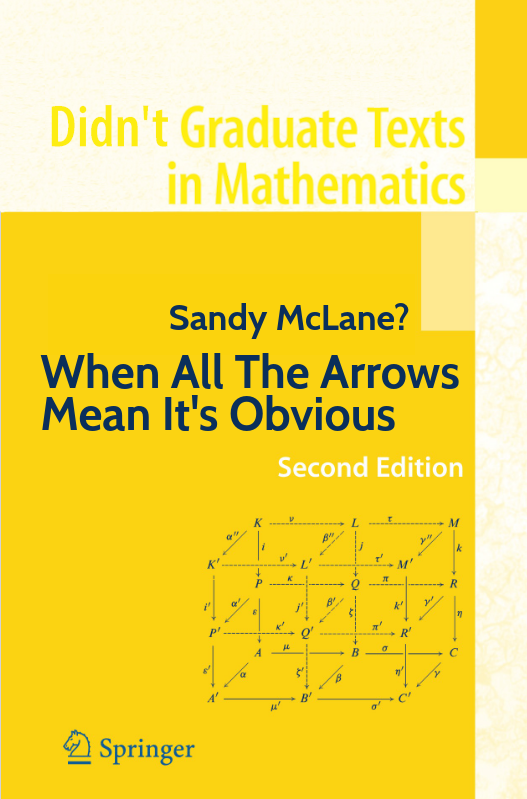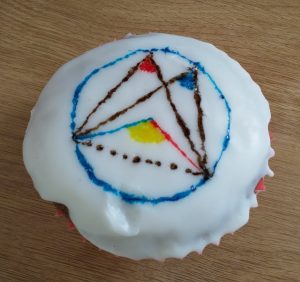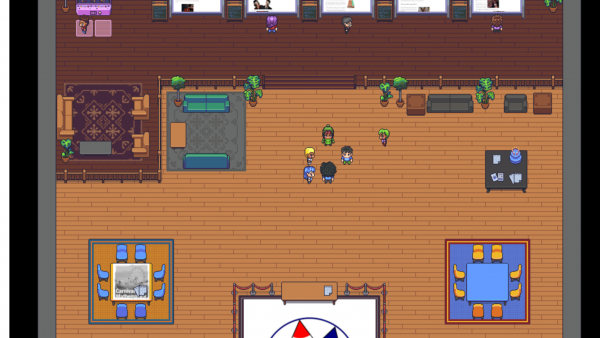I’m organising a series of online public maths talks through my work, the School of Maths, Stats and Physics at Newcastle University.
The point is that talks will be delivered by disabled presenters. This came about because I and some other disabled people who do maths talks got tired of missing out on opportunities to do outreach because it involves travelling. Not every disability makes travelling harder, but we felt that there were enough people excluded by in-person events that it would be nice to put on a more accessible event.
My aim is for this to take place in December 2022, near to the International Day of People with Disabilities. Talks can be any mathy topic, or about your experience as a disabled mathematician.
I need speakers!
To give some idea of what I’m looking for, I’ll use myself as an example. I count myself disabled at least four ways: I’m colourblind, autistic, dyspraxic, and have Ehlers-Danlos syndrome.
I might talk about:
- Use of colour in mathematical communication, for example how red chalk makes chalk-and-talks inaccessible.
- How ambiguously-worded maths problems have stymied me in the past, and how to write them more clearly.
- Integer sequences, which is just something I’m interested in.
The sessions will be delivered over Zoom, with live captions written by humans and a BSL interpreter. (If you can recommend a BSL interpreter with experience of interpreting maths talks, please get in touch!)
We’ll be advertising the talks to the general public, both grown-ups and schools, so I’m not looking for talks about high-level maths or education research.
This is open to anyone around the world, but if you’re a long way from the UK bear in mind that we’ll schedule the sessions at a convenient time for a British audience.
If you’re interested in taking part, please email christian.perfect@ncl.ac.uk.
I’d like to have a list of presenters by the end of September, to leave plenty of time to arrange whatever needs to be arranged and to advertise the talks.


